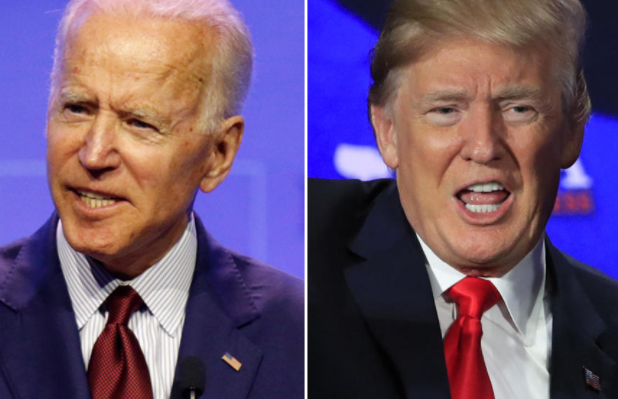As the 2024 US Presidential election draws closer, political analysts and pundits are already speculating about potential candidates and their chances of winning. However, one factor that is often overlooked in these discussions is life expectancy. In this article, we will take a closer look at how life expectancy can impact politics and the 2024 election.
Firstly, it is important to understand what life expectancy is and how it is calculated. Life expectancy refers to the average number of years a person is expected to live based on their age, gender, and other demographic factors. It is calculated by analyzing mortality rates and other health data.
Life expectancy can have a significant impact on politics and elections. For example, if a candidate is older and has a lower life expectancy, voters may be less likely to support them due to concerns about their health and ability to serve a full term. On the other hand, if a candidate is younger and has a higher life expectancy, voters may be more likely to support them as they are seen as having more time to make an impact.
In the 2024 election, there are several potential candidates who may be impacted by their life expectancy. One such candidate is Joe Biden, who will be 82 years old in 2024. While Biden has not announced whether he will run for re-election, his age and lower life expectancy may make voters hesitant to support him.
Another potential candidate who may be impacted by life expectancy is Kamala Harris. Harris will be 59 years old in 2024, which is relatively young compared to other potential candidates. Additionally, women tend to have longer life expectancies than men, which could work in her favor.
Life expectancy can also impact the policies and platforms of political candidates. For example, candidates who are older and have a lower life expectancy may be more focused on short-term goals and policies that will have an immediate impact. Conversely, younger candidates with higher life expectancies may be more focused on long-term goals and policies that will have a lasting impact.
In conclusion, life expectancy is an important factor to consider when analyzing politics and elections. It can impact the viability of potential candidates, their policies and platforms, and the overall direction of the country. As we approach the 2024 election, it will be interesting to see how life expectancy factors into the political landscape.




